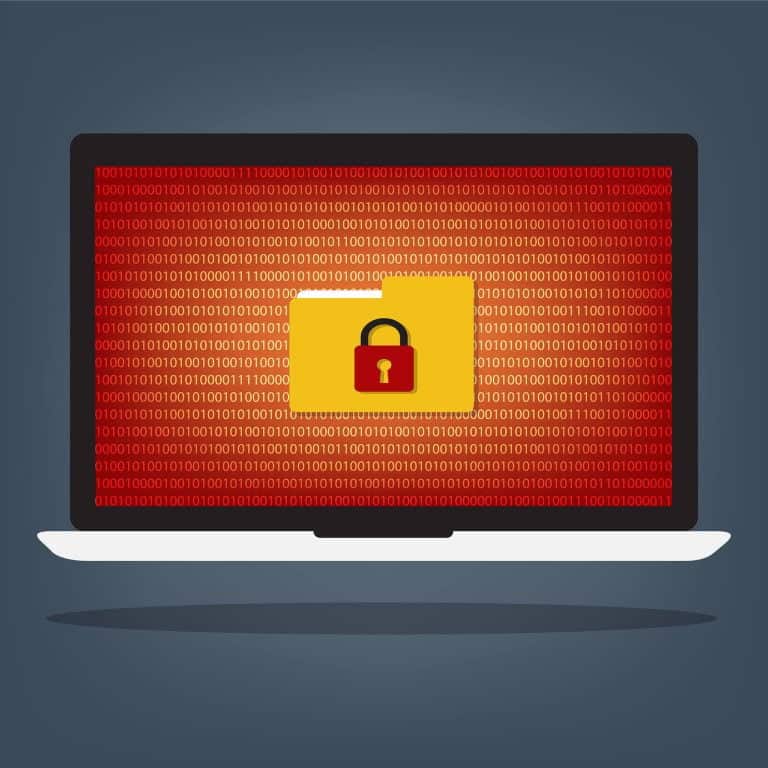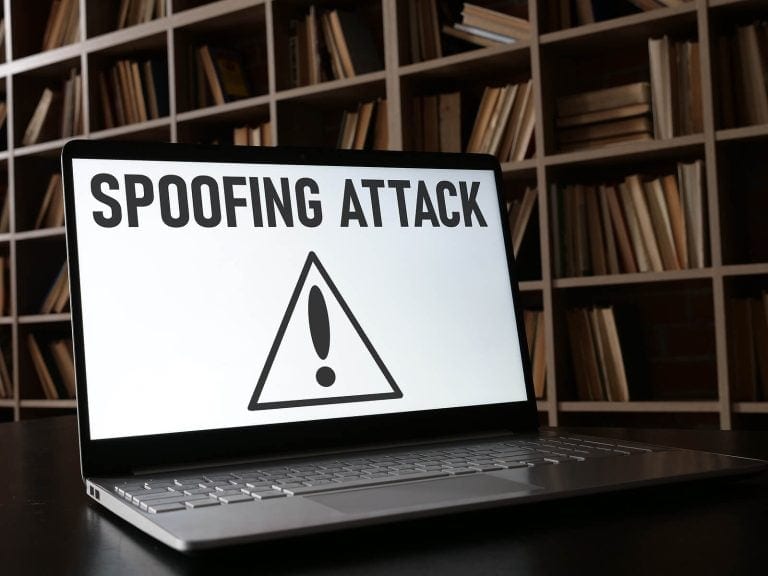It seems that we still have a long way to go in educating people about the complexity of the cybersecurity space. Women continue to be underrepresented in the field of cybersecurity and, most concernedly, only just over one third of organizations believe they are ready for a cyber attack.
University of Phoenix today announced findings from a new survey that examined U.S. adults’ perceptions of aspects of cybersecurity, including career familiarity, gender disparity and workplace readiness. The survey gauged U.S. adults’ awareness of 11 jobs in the industry amid a rise in cyber-attacks and uncovered that only about one in 10 survey respondents are very familiar with the cybersecurity job titles queried in the survey and 20 percent or more had never heard of them.
U.S. Adults’ familiarity with cybersecurity job titles:
|
Job Title |
Never Heard of It |
Very Familiar |
|
Penetration tester |
52% |
10% |
|
“White hat” ethical hacker |
51% |
9% |
|
Computer security incident responder |
46% |
8% |
|
Security architect |
44% |
8% |
|
Security auditor |
39% |
12% |
|
Security engineer |
32% |
8% |
|
Chief information security officer |
29% |
12% |
|
Computer forensics expert |
26% |
11% |
|
Security consultant |
23% |
11% |
|
Security analyst |
20% |
9% |
|
Security software developer |
19% |
13% |
As part of the University-developed Enterprise Security Competency model, cybersecurity is defined as the practice of protecting physical and electronic information from unauthorized access, use, disclosure, disruption, modification, perusal, inspection, recording or destruction. This Enterprise Security Model was adopted by the U.S. Department of Labor and has become the standard by which the security profession measures education and career development.1 University graduates who earn undergraduate and graduate degrees with certificates in cybersecurity are prepared to help protect computer systems and online data from infiltration.2
These professionals are vital to organizational operations as cyber-attacks reached record highs last year, with a reported 5,207 total breaches and 7.89 billion information records compromised, according to Risk Based Security’s Data Breach QuickView Report for yearend 2017.3 However, only 20 percent of respondents said that they had considered a career in cybersecurity.
When asked why they had never considered a career in cybersecurity, nearly a quarter of respondents (24 percent) said that they do not have the proper skills to become a cybersecurity professional. Important information to have in their decision-making process when considering a career in the field included: the education needed for a career in cybersecurity (50 percent), how to get started (43 percent) and what a cybersecurity professional does (41 percent).
“U.S. adults who are interested in a cybersecurity career could tap into some of the skills they already possess. More than a quarter of survey respondents said that they, in fact, possess some of the IT skills taught in the University’s cyber-security-focused programs, such as programming (33 percent), data analytics (26 percent) and coding and web development (both 31 percent),” said Dennis Bonilla, executive dean for the College of Information Systems and Technology, School of Business and College of Criminal Justice at University of Phoenix. “University of Phoenix provides the educational foundation to obtain or sharpen skills and gain an understanding of roles and responsibilities related to cyber-security.”
University of Phoenix offers a Bachelor’s of Information Technology with an Advanced Cyber Security Certificate and a Master’s of Information Systems with a Graduate Cyber Security Certificate. These programs help people gain the knowledge and skills, both technical and soft skills, to arm them with the necessary education. For more information on University of Phoenix offerings, visit phoenix.edu/cybersecurity.
Additional findings from the survey include:
Women continue to be underrepresented in the cybersecurity industry
More than four in 10 women (44 percent) have experienced a personal security breach in the past three years, yet females continue to be underrepresented in the U.S. cybersecurity workforce. Women comprise just 14 percent of the industry 4 and 89 percent said that they have never considered a career in cybersecurity, emphasizing the need for gender balance to improve national security.5 Most would require improved understanding of the necessary education (54 percent) and job requirements (46 percent) to consider a career.
Only a third (37 percent) of respondents believe that their company is very prepared for a cyber-attack
According to the survey, two in five employed adults said that their company has one specific cybersecurity policy and 63 percent said that they always follow the policies. However, only a third are confident that their company is prepared to combat hackers. Of the respondents who do not believe their company is prepared for a cyber-attack, a quarter (26 percent) said that it is because they do not have an expert on staff.
To access the full survey, visit https://www.phoenix.edu/about_us/media-center/news/uopx-survey-perceptions-cybersecurity.html.






